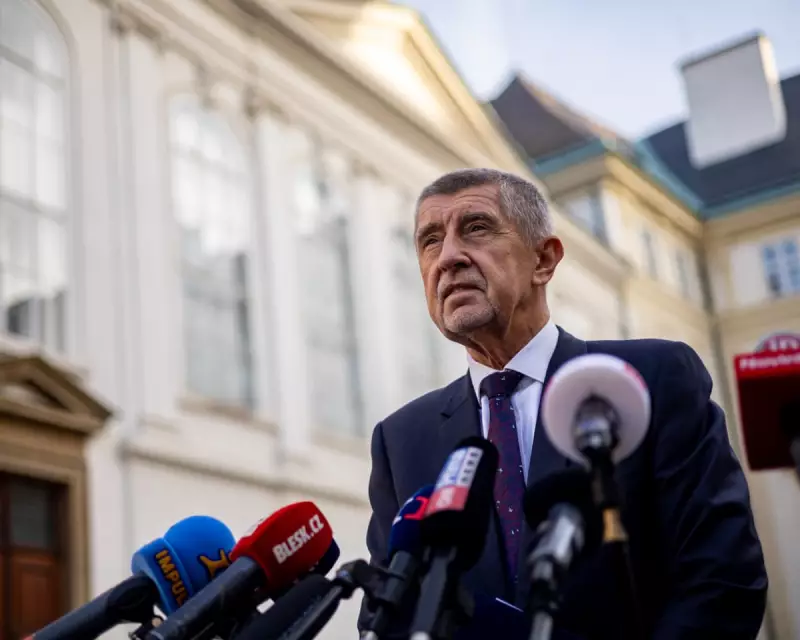
Czech billionaire populist Andrej Babiš has defiantly refused to sell his massive business empire despite mounting pressure over conflict of interest concerns that could prevent him from becoming prime minister.
The Bakery Roll Comparison
In a striking social media statement, the self-described "Trumpist" politician made his position abundantly clear. "I have repeatedly said I will never sell Agrofert," declared Babiš, whose net worth is estimated at $3.9bn (£2.9bn). He added pointedly: "This is not like selling a roll in a bakery."
The 71-year-old politician, whose ANO party secured a comfortable victory in October's election though failed to achieve a parliamentary majority, insisted he would resolve the conflict of interest in accordance with Czech and European laws.
Presidential Pressure Mounts
The controversy escalated when Czech President Petr Pavel demanded that Babiš publicly explain how he intends to eliminate conflicts of interest before any appointment to the prime ministerial role can proceed. President Pavel's office released a statement emphasising that the Czech constitution "explicitly requires the president to take into account the possible emergence of a conflict of interest" when considering ministerial appointments.
The presidential statement clarified that Pavel wants complete transparency about "in what specific way Andrej Babiš will fulfil his constitutional and legal obligations" while indicating readiness to appoint him prime minister "without delay" once the matter is satisfactorily resolved.
History of Legal Battles
Babiš's extensive business portfolio presents significant complications. His several hundred companies, predominantly operating under the Agrofert umbrella, span farming, food processing and chemicals sectors across the Czech Republic and central Europe. These enterprises have benefited from tens of millions of euros in national and EU farming subsidies alongside numerous public contracts.
Under Czech legislation, government ministers are prohibited from receiving public aid or contracts. Transparency International, the corruption watchdog, has stated clearly that to avoid conflict of interest, Babiš must choose between selling his assets, refusing public contracts, or remaining out of government.
This isn't the first time Babiš has faced such scrutiny. During his previous term as prime minister from 2017 to 2021, he encountered multiple legal challenges and an EU investigation concerning potential conflicts of interest. His solution at that time involved moving assets to trust funds while maintaining some influence over them - an arrangement subsequently deemed insufficient by both a Czech court and the European Commission.
Babiš confirmed last month that he has resumed sole ownership of Agrofert and maintains he is "taking steps" to address conflict of interest concerns, though he refuses to disclose specifics, describing the matter as "an extremely sensitive and personal matter for me."
Coalition Complications and International Implications
The billionaire populist has forged a coalition agreement with two rightwing fringe parties: the far-right, pro-Russian SPD, which advocates for an EU exit referendum, and Motorists for Themselves, primarily campaigning against the EU's Green Deal.
This potential government configuration could strengthen the populist bloc in central and eastern Europe while potentially straining western support for Ukraine. However, Babiš has personally assured Ukrainian President Volodymyr Zelenskyy of continued Czech support.
President Pavel has additionally demanded that the coalition's programme include a clear statement regarding the government's position on Russia's war in Ukraine, including commitment to fulfilling NATO obligations. The president previously stated he would not approve any ministerial nominees who might question the Czech Republic's EU and NATO commitments.
The far-right SPD has indicated it will meet this requirement by nominating independent technocrats rather than party politicians for ministerial positions.





